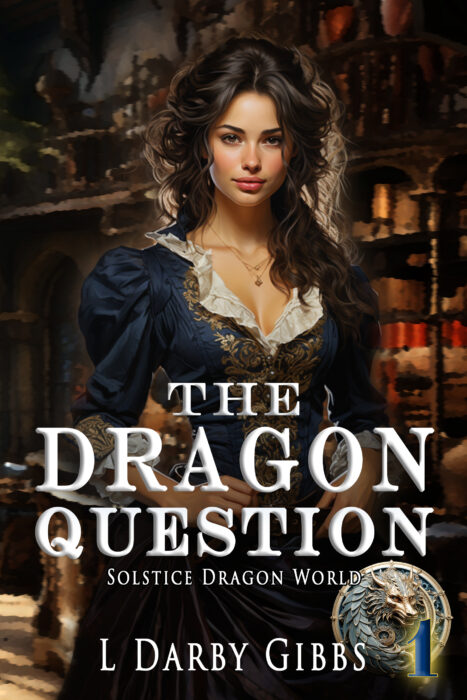I think it has been at least two years since my writer friend Marcy Peska offered to let me guest post on her blog. She gave me a set of possible topics which I perused but didn’t feel any rise to write anything. But a few days later, I decided that writing about rules and…
Tag: fantasy
May 16, 2016
